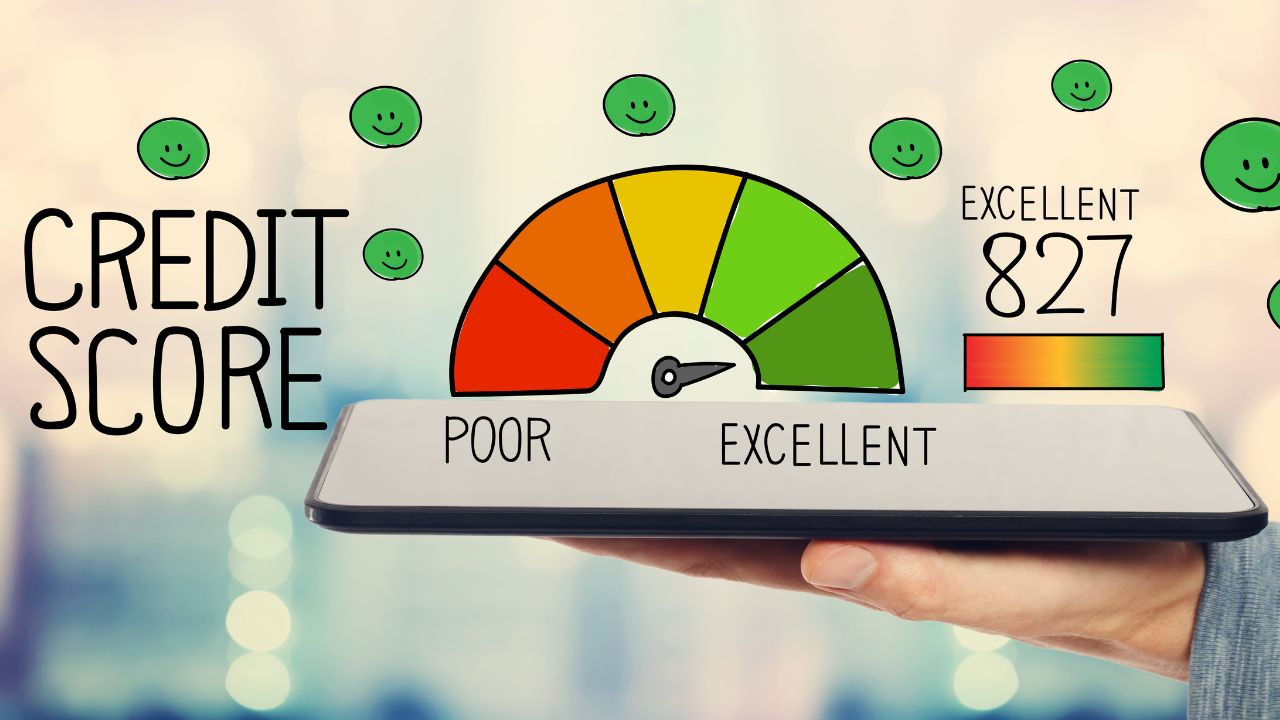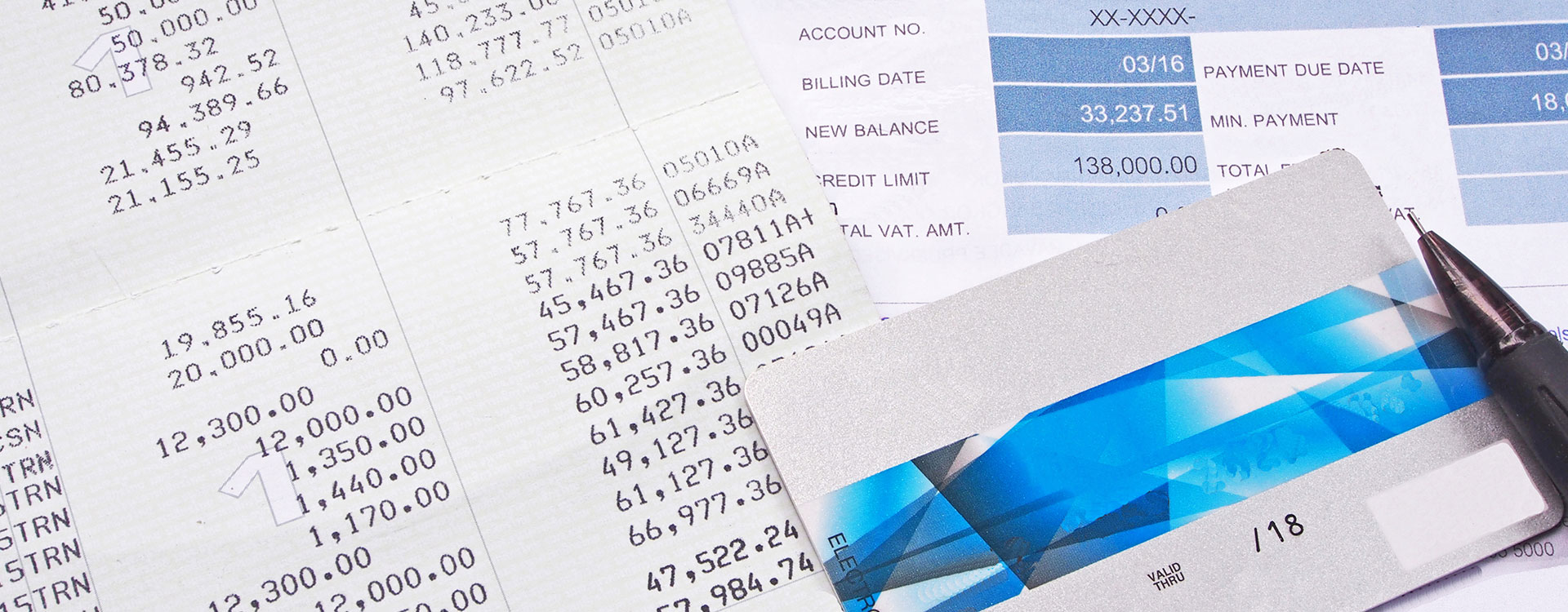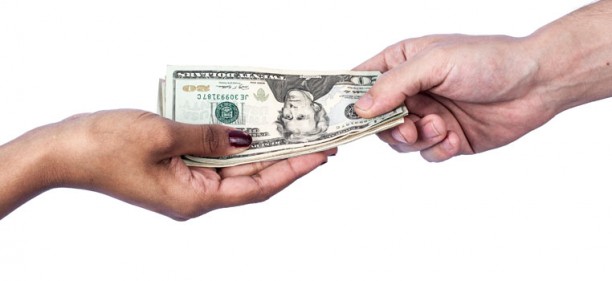Consolidating your debts into one payment each month can help your credit and budget, but you should be aware of potential risks.
Managing debt can be challenging, and when faced with multiple payments and high interest rates, many individuals turn to debt consolidation as a potential solution. However, a common concern is whether debt consolidation can hurt their credit score.
KEY TAKEAWAYS:
- Discover what debt consolidation is, and how it impacts your credit score in the short term and over the long term.
- Determine how debt consolidation can affect your overall financial health and why it should be used responsibly.
- There are other debt consolidation options available that you should also consider when managing your debt.
Consolidating your debts can provide you with a lower monthly debt payment that is more manageable for individuals and couples. Below, we will cover whether debt consolidation can hurt your credit, provide insights into the impact it can have on your financial health, and explore different debt consolidation options available.
Understanding The Potential Impact Of Debt Consolidation On Your Credit Score
Debt consolidation involves combining multiple unsecured debts (usually credit cards, personal loans, medical debt, and certain types of student loans) into one debt payment, often with the aim of securing a lower interest rate or simplifying repayment.
It's important to recognize that debt consolidation can have both positive and temporary negative effects on your credit score. Let's take a closer look at the potential impact of debt consolidation on your credit.
Pros And Cons Of Debt Consolidation With A Personal Loan
Pros:
- Personal loans designed for debt consolidation purposes generally have lower credit score requirements compared to other options.
- Adding an installment loan to your credit mix can improve your credit profile and demonstrate your ability to manage different types of debt responsibly.
- By consolidating multiple payments into one, you can simplify your finances and gain better control over your debt.
- Paying off credit card balances with a personal loan can lower your credit utilization ratio, which is beneficial for your credit score.
Cons:
- It's crucial to avoid accumulating more debt once you have a personal loan in place. Otherwise, you may find yourself in a worse financial situation.
- Missed payments on the personal loan can have a negative impact on your credit score, underscoring the importance of making timely payments.
- Be mindful of potential fees associated with personal loans, and carefully review the Annual Percentage Rate (APR) to ensure it aligns with your financial goals.
- Some personal loans may come with prepayment penalties, which could limit your flexibility in paying off the debt sooner.
Debt Consolidation With A Balance Transfer Card Pros And Cons
Pros:
- Balance transfer cards often offer lower interest rates, including introductory 0% APR periods for those with excellent credit scores.
- Compared to a personal loan, balance transfer cards provide more flexibility in terms of repayment options.
- No prepayment penalties mean you can pay off the debt at your own pace.
Cons:
- Utilizing a significant portion of the new card's credit limit can temporarily impact your credit score due to high credit utilization.
- Failure to pay off the transferred balance before the introductory rate expires may result in accrued interest charges.
Other Debt Consolidation Options
If a personal loan or balance transfer card doesn't align with your financial situation or preferences, there are alternative debt consolidation options to consider. However, it's important to note that these options may also have an impact on your credit:
Home equity loan or line of credit:
Leveraging the equity in your home as collateral, these options can be reported differently on your credit report based on the type of loan you choose.
Debt Management Plan (DMP):
While enrolling in a DMP doesn't directly affect your credit score, negotiating to pay less than the full amount owed or closing credit cards may have implications for your credit.
401(k) loan:
While a 401(k) loan doesn't appear on your credit report and doesn't impact your credit score, it's important to consider the long-term consequences, such as potential loss of investment returns.
Debt Consolidation Can Be A Great Debt Relief Solution
In conclusion, the impact of debt consolidation on your credit score largely depends on how responsibly you manage your consolidated debt and make timely payments.
While there may be a temporary dip in your credit score due to the consolidation process itself, the overall impact should be positive if you adhere to your repayment plan and adopt healthy financial habits.
It's essential to carefully evaluate your options, choose a consolidation method that aligns with your financial goals, and consider seeking guidance from a certified Credit9 Loan Specialist to ensure the best possible outcome.
Remember, taking control of your debt is a step toward regaining your financial freedom. By exploring your debt consolidation options and managing your debt responsibly, you can pave the way to a brighter financial future!
How Credit9 Can Help You
At Credit9, we offer loan options that could provide you with the financial solution that works best for you.
Since 2018, Credit9 has provided over $460 Million in loans to over 36,000 of our customers, and we’re confident we can help you too.
For more information about Credit9’s unique debt consolidation services, contact us today to see how we can help you consolidate your debts and receive a free, no-obligation, and fully-customized Credit9 loan solution!



